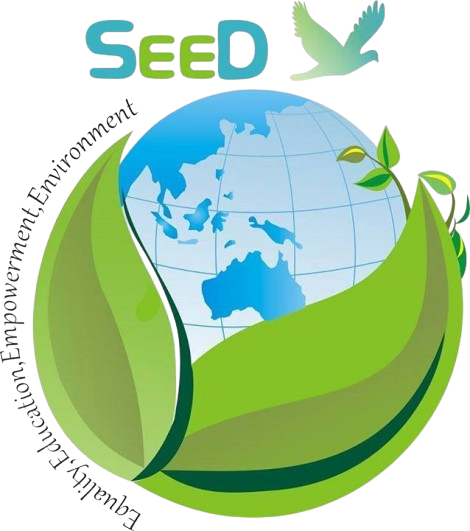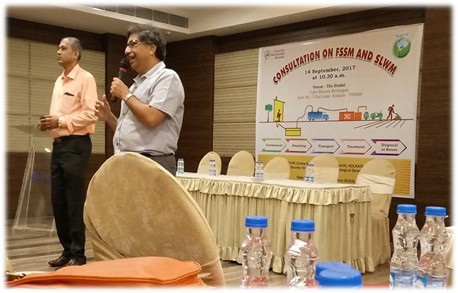






In SEEDs Climate Smart Sanitation overview, we emphasize how integrated faecal sludge and waste management safeguards both people and ecosystems. By ensuring proper desludging and septage treatment, untreated effluent is prevented from entering creeks and estuaries, thereby protecting the water quality and biodiversity of the East Kolkata Wetlands and Sundarbans mangrove habitats. At the same time, decentralized treatment wetlands and co composting of organic waste serve as carbon sinks—sequestering greenhouse gases in living biomass and soils and reducing methane emissions from conventional landfills. These natural treatment systems also play a crucial role in enhancing flood resilience: by keeping drains clear and employing green infrastructure such as reed beds and rain gardens, stormwater is more effectively conveyed and absorbed during monsoon surges, reducing inundation risks in low lying peri urban zones. Ultimately, by strengthening upstream sanitation and waste management practices, the programme bolsters vital ecosystem services—healthy wetlands and mangroves can better buffer storm energy, store floodwaters and sustain the ecological functions upon which coastal communities depend.



Subscribe to the SEED Newsletter — and be part of the change!